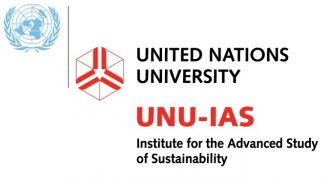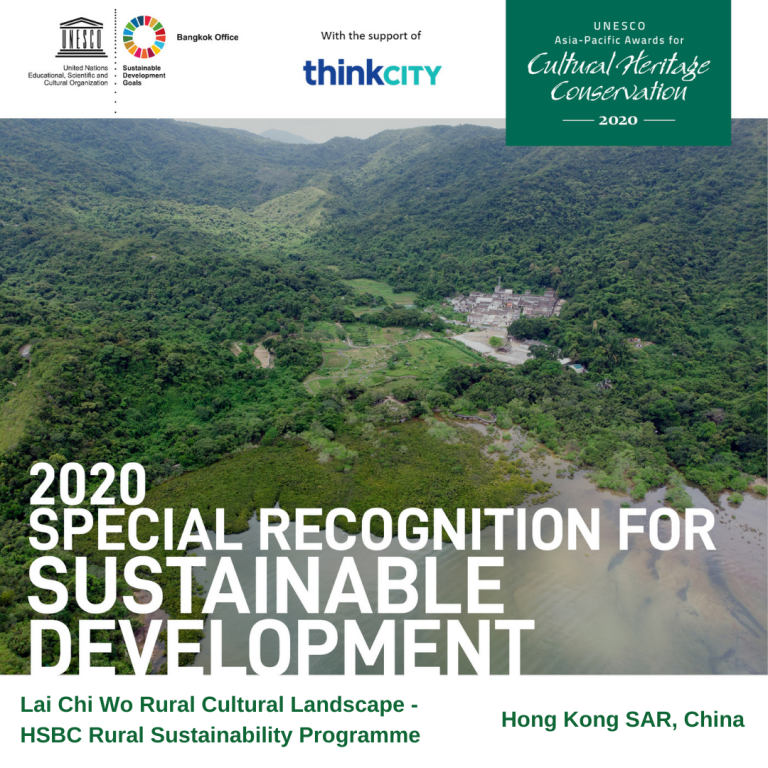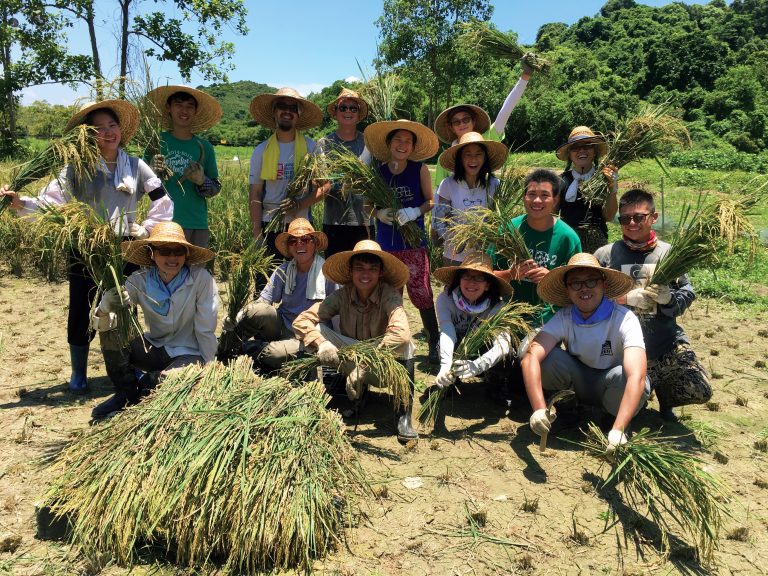IPSI Newsletter

TOPIPSI NewsletterIPSI Newsletter, February 2021
IPSI Newsletter, February 2021
2021.02.25
Dear IPSI members and friends,
Greetings from the IPSI Secretariat in Tokyo, Japan. As we approach the end of this year full of challenges, we hope all of you are staying healthy and safe whatever your current situation. As always, IPSI and its members continue to stay active in a wide variety of projects and activities related to landscape and seascape approaches towards “societies in harmony with nature”, even during the COVID-19 pandemic.
This month’s newsletter contains an announcement of opportunities for graduate study in sustainability at UNU-IAS and a good piece of news that one of our IPSI partners’ projects was selected for a UNESCO Asia-Pacific Awards for Cultural Heritage Conservation. We are also pleased to share a recent case study from University of the Philippines Open University, Los Baños and Ifugao State University in the Philippines.
As always, please feel free to contact us to submit any new case studies or other information about your activities, or if you have any questions or comments.
IPSI Secretariat

Applications Open for UNU-IAS Master's and Doctoral Programmes
UNU-IAS, host of the IPSI Secretariat, recently announced that applications are now open for its postgraduate degree programmes: the Master of Science in Sustainability and the PhD in Sustainability Science. The application deadlines are 12 March 2021 for the master’s programme, and 9 April 2021 for the doctoral programme. Both programmes start in September 2021.
Please visit the Degree Programmes section of the UNU-IAS website to find out more about application requirements and procedures.

IPSI Case Study Project Receives UNESCO Asia-Pacific Award
IPSI partner the Policy for Sustainability Lab of the Centre for Civil Society and Governance at The University of Hong Kong recently shared the good news that their project, the basis of the IPSI Case Study “Living Water & Community Revitalization – An Agricultural-led Action, Engagement and Incubation Programme at Lai Chi Wo (Sustainable Lai Chi Wo Programme)“, has been awarded the inaugural Special Recognition for Sustainable Development in the 2020 UNESCO Asia-Pacific Awards for Cultural Heritage Conservation for its “pioneering approach to reviving a once-abandoned rural cultural landscape”.
The project is built on two consecutive programmes—“Sustainable Lai Chi Wo” and “HSBC Rural Sustainability”— initiated and implemented since 2013 with full support from the Lai Chi Wo Village and HSBC. The jury applauded the project for upholding “the key dimensions of sustainable development in undertaking a holistic rejuvenation of the historic Hakka agricultural settlement using nature-based solutions” and demonstrating “the importance of interweaving nature and cultural heritage in setting a new urban-rural sustainability agenda for Hong Kong SAR and beyond”. The award is a due recognition of the collaborative efforts of many individuals and organisations who share a strong commitment to sustainability.
A short video introducing the story of Lai Chi Wo’s revitalisation can be viewed here.


Recent Case Study: University of the Philippines Open University, Los Baños and Ifugao State University
We are happy this month to share one of our recent case studies from University of the Philippines Open University, Los Baños and Ifugao State University in the Philippines. The case study is titled “Re(Connecting) with the Ifugao Rice Terraces as a socio-ecological production landscape through youth capacity building and exchange programs: A conservation and sustainable development approach”, and was also included as a chapter in the Satoyama Initiative Thematic Review vol. 5.
According to the case study, the Ifugao Rice Terraces (IRT) in the Philippines was inscribed as a World Heritage Site in 1995 by UNESCO, and in 2005, the Food and Agriculture Organization of the United Nations also designated it as a Globally Important Agricultural Heritage Systems (GIAHS) site, the first in the Philippines. Despite these recognitions, the IRT faces various challenges such as under-management of biocultural diversity and socio-ecological systems, poor maintenance, abandonment of rice terraces, unregulated tourism activities, and out-migration of young Ifugaos. To address these challenges, rehabilitation efforts and initiatives have been initiated by various sectors to restore conditions in the IRT and aid in its conservation and sustainable development. This case study examines the youth capacity building and exchange program which intended to reconnect Ifugao youths and connect urban youths with the IRT as a SEPLS. Ifugao youths reported that they see the IRT only for its aesthetic and global designations value, while urban youths were able to connect to the knowledge and value systems of the Ifugao culture, through the exchange program, thus, enabling them to learn the values of Ifugao towards IRT and nature. It is recommended that the program be expanded to other youths in the IRT landscape and other SEPLs.
For the full case study, please see the IPSI website here.
Contact
Please be sure to let the Secretariat know if there are any changes in your e-mail address or contact information.
Secretariat of the International Partnership for the Satoyama Initiative
United Nations University Institute for the Advanced Study of Sustainability (UNU-IAS)
5–53–70 Jingumae
Shibuya-ku, Tokyo 150-8925
Japan
Tel: +81 3-5467-1212
Fax: +81 3-3499-2828
Email: isi@unu.edu
If you have been forwarded this newsletter and would like to SUBSCRIBE, you can do so on the IPSI website here.


